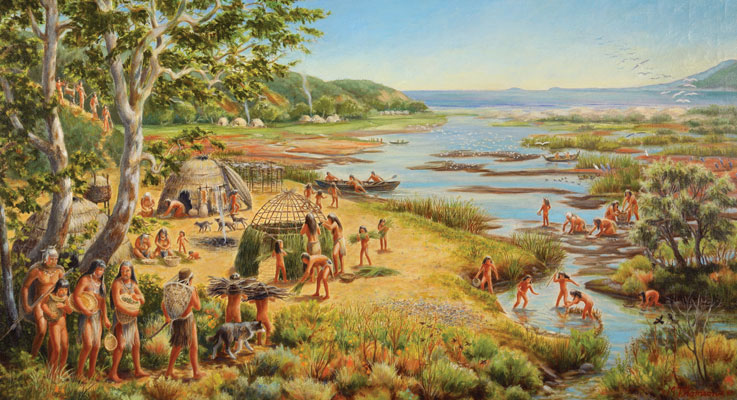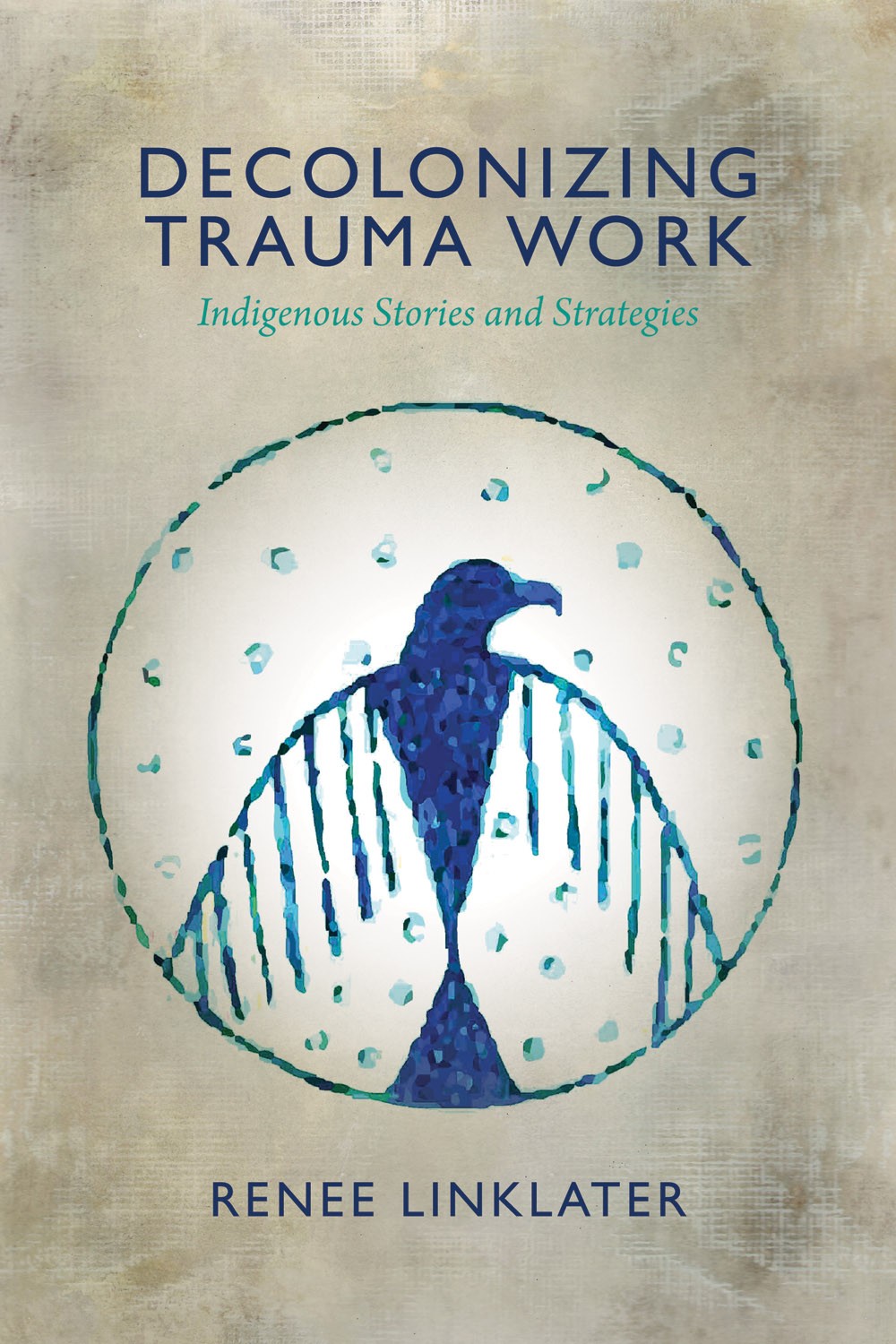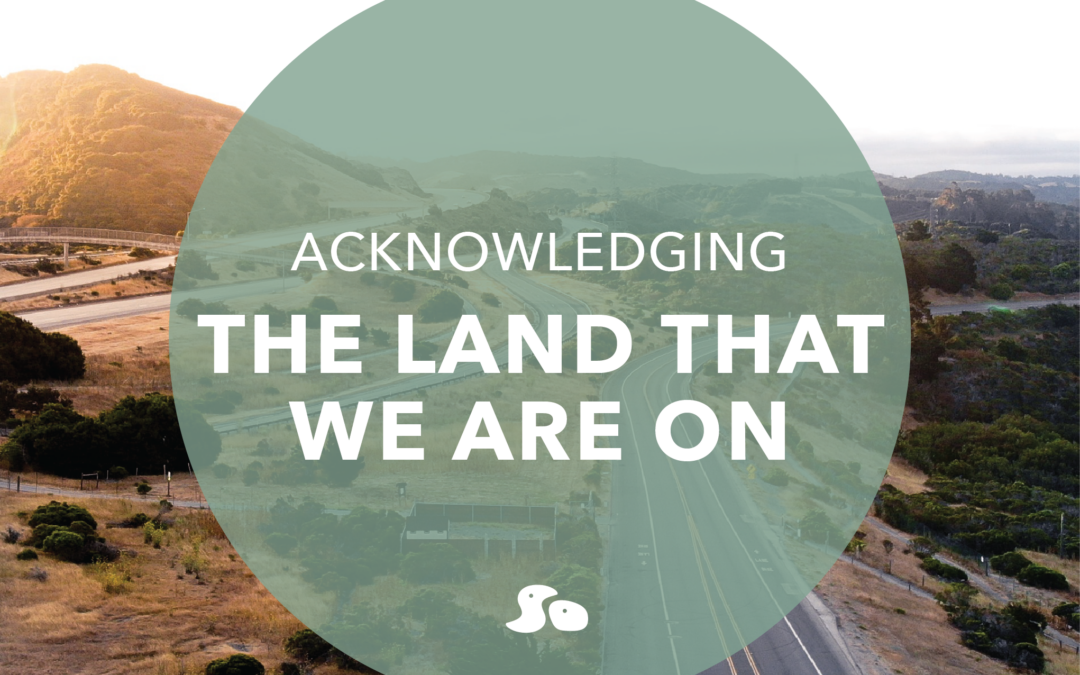Written by Kadisha Aburub
If you’ve ever been to an affinity space meetup or event you’ll often hear a Land Acknowledgement at the start of a meetup. A Land Acknowledgment is a formal statement that recognizes and respects Indigenous People as traditional stewards of this land. Land Acknowledgements allow for an expression and appreciation of Indigenous people who have been living here since time immemorial.
A core value in affinity spaces is understanding the history of the land we reside on. By acknowledging its history, we recognize the impact history has had on marginalized groups and begin dialogue on ways to narrow that gap within our community spaces.
So then how do we go about delivering a Land Acknowledgement?
- Identify tribes
- Practice pronouncing the pronunciation of tribes
- Acknowledge the tribes in the area you are in
- Acknowledge that tribes and its people are ever-present today

Photo credit: Friends of Ballona Wetlands
Here is an example of a Land Acknowledgement of the Garieleño/Kizh and Acjachemen land or what is now known today as the city of Santa Ana, California:
“We open our meetup/event by acknowledging that the land where we climb today is the territory of the Gabrieleño/Kizh, and Acjachemen (Juaneno) tribes. In our daily lives, let us remember that the Santa Ana area is home to the Gabrieleño/Kizh, and Acjachemen (Juaneno) people and to many tribes that camped, hunted, and traded here for centuries. Native people of many Indigenous nations live here today.”
“Kizh” (pronounced KEECH), the name of the tribe that resided on this land, comes from the dome-like dwellings they lived on. The people of Kizh developed ingenious ways of living off the land, were master boat-builders, and traveled along the coast of Southern California.
Check out Sender One's Land Acknowledgment on our Community Programs page. If you perhaps don’t live in the Santa Ana area and are interested in learning about the tribes and Indigenous people that resided on the land you’re currently on, native-land.ca is a great starting point.

Indigeneous territories of Southern California (Photo courtesy of Native Land Digital)
To note the website is imperfect and is meant as a starting point of your journey in educating yourself on the land you occupy.
While these acknowledgements can be powerful they can also be easily taken as a token gesture. Going beyond a land acknowledgement is where the work lies. We all have a responsibility to consider what it means to acknowledge the repercussions of colonialism.
Some action questions to consider:
- What are some of the privileges you enjoy because of colonialism?
- How can you develop relationships with Indigenous tribes/people in your area?
- How can you support/listen/uplift Indigenous tribes/people in your community?
- Do you have an understanding of the on-going violence and trauma that affects Indigenous people?
While we cannot undo the past, we can create better relationships through understanding, active participation with Indigenous communities, and having a listening ear.
Interested in learning more? Here are further resources to explore:
- Native Land Community Blog
- Kizh Nation
- Gabrieleño -Kizh Tribal Territory
- Decolonizing Trauma Work by Renee Linklater

Decolonizing Trauma Work by Renee Linklater

